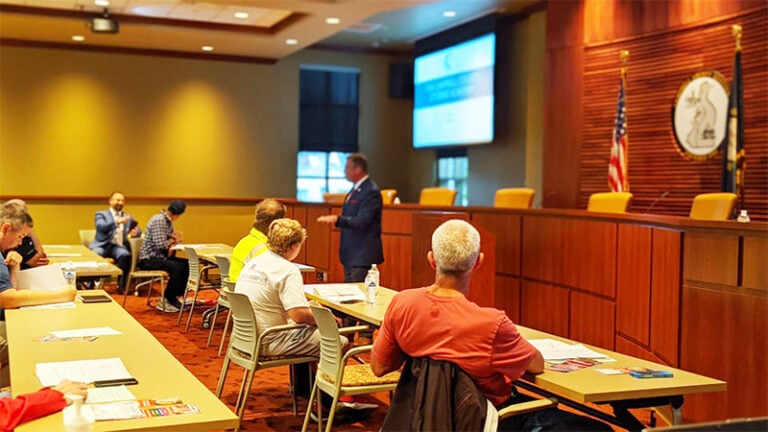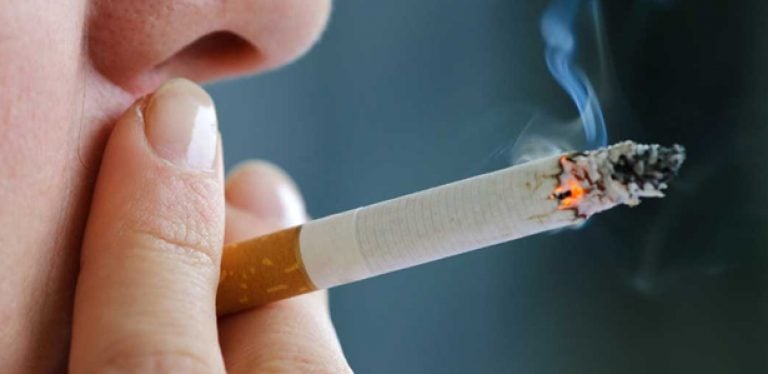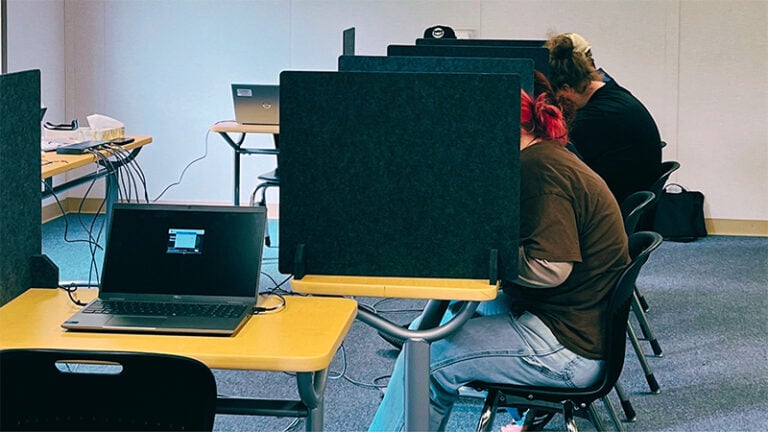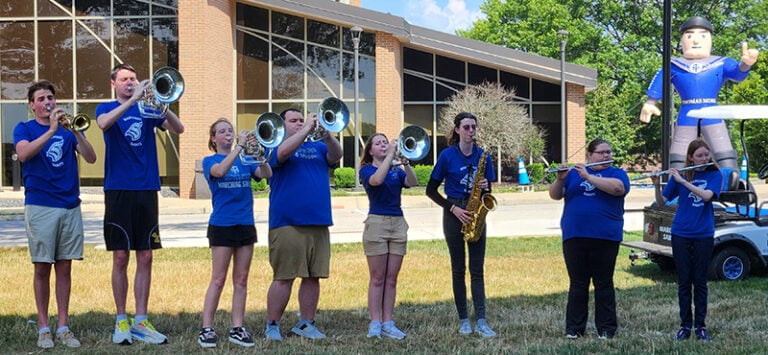The coronavirus pandemic will radically change many things about American life by the time it has run its course. But one thing is for sure, and that is it will not change our reliance on the court system to resolve disputes.
Like with any new exposure, the COVID-19 pandemic has produced a tsunami of litigation across the country that has spread like an unchecked virus growing across the continent. Since the United States is a highly litigious society, a wide range of lawsuits have been filed dealing with issues.
The issues range from privacy, discrimination, work-from-home/personal leave requests, retaliation, and wrongful termination for those that refused to show up for work, failure to provide services, and failure to pay healthcare claims.
Ticket buyers who saw events canceled have filed a class-action suit against the online reservation site Ticketmaster, while others are seeking compensation for lost hotel or airline reservations, or even for memberships in gyms that have been closed for months. Since early May, demands from students seeking to recover tuition expenses and fees have also surged. And business owners, forced to remain closed, have sued various governmental entities to challenge confinement orders.
Thus far there are thousands of business-related lawsuits filed related to the pandemic and those numbers are expected to continue to grow weekly, demonstrating the importance of having a good insurance agent working on your behalf.
Early on, a union representing New York nurses filed suit to demand more masks, gloves, and other protective equipment. Most lawsuits have been individual claims. However, there has been an increase in class-action lawsuits.
Many families of frontline workers who were infected and died from the coronavirus are now suing their loved one’s employers. According to a July 30 Wall Street Journal article, employers across the country are being sued by the families of workers who contend their loved ones contracted lethal cases of COVID-19 on the job, a new legal front that shows the risks of reopening workplaces.
This first wave of filings was made mostly on behalf of employees and their families against such employers as Walmart Inc., Safeway Inc., Tyson Foods Inc. Some health-care facilities have been sued for gross negligence or wrongful death since the coronavirus pandemic began unfolding in March. Employees’ loved ones contend the companies failed to protect workers from the deadly virus and should compensate their family for their loss.
Most states have workers’ compensation statutes that limit an employee’s ability to sue an employer for tort damages in a civil lawsuit. The remedy for an employee injured on the job is normally limited to a statutory amount as decided by an administrative process.
However, there are allowances to the limited remedy afforded by most workers’ compensation programs, particularly situations where the employee’s injury was the result of intentional or grossly negligent employer conduct. Therefore the first wave of COVID-19 claims attempted an end-run to avoid statutory limits by claiming intentional, reckless, or grossly negligent behavior by employees and management. This will all take time to sort itself through the courts.
Businesses, understandably, must remain focused on making money even during a pandemic, while mitigating risks in an effort to continue to keep the business alive. Employers across the globe have taken action to combat the virus.
For instance, here at Houchens Insurance Group where I work, we saw this coming as early as the end of February, and we began to establish an action plan to continue to operate during a pandemic. Like many, we closed our offices and sent everybody home to work. When we started to return back to the office, like most companies, we began to screen employees for signs of illness, required everyone to wear masks, sanitized workspaces and banned visitors. We allowed compromised employees to continue to work remotely from home and implemented many other changes during this new normal work environment.
Just as the litigation arose from pandemic-related shutdowns, so will lawsuits come as businesses have reopened.
 Keven Moore works in risk management services. He has a bachelor’s degree from the University of Kentucky, a master’s from Eastern Kentucky University and 25-plus years of experience in the safety and insurance profession. He is also an expert witness. He lives in Lexington with his family and works out of both Lexington and Northern Kentucky. Keven can be reached at kmoore@roeding.com
Keven Moore works in risk management services. He has a bachelor’s degree from the University of Kentucky, a master’s from Eastern Kentucky University and 25-plus years of experience in the safety and insurance profession. He is also an expert witness. He lives in Lexington with his family and works out of both Lexington and Northern Kentucky. Keven can be reached at kmoore@roeding.comLitigation around compliance with government guidelines, negligence causes of action related to safety measures, lawsuits around COVID-19 treatments, newly developed personal protective equipment, and other products, and claims around social distancing implementation appears to be on the horizon.
Like any employer that does not act to mitigate their risks, they have a significantly increased likelihood of being sued. These precautions are similar to the same fundamental reasons we are not allowed to smoke indoors, and why we wear safety glasses, wear hearing protection or wear hard hats in construction zones. When employers do not account for their unique risks and apply safety rules or restrictions, they open themselves up for litigation at any level.
Employers need to remain vigilant as the COVID-19 drags into 2021. Employers should not take their eye off the ball and that the decisions made today or three months from now regarding both current workplace safety and return-to-work plans could cause and impact future lawsuits. Employers must remain attentive and vigilant to maintaining such safeguards to protect their employers, customers, and/or visitors.
They must be methodical in maintaining and preserving all records, emails, and decisions on their dealing with COVID-19 to help fight future claims.
Despite the fact that we are in our eighth month of this pandemic, employers should continue to reassess their unique workplace environments, implement appropriate safety protocols to limit the spread of the coronavirus. They should also continue to follow fast-changing COVID-19 guidance from federal authorities such as the Occupational Safety and Health Association, the Equal Employment Opportunity Commission, and the Center for Disease Control, in addition to all applicable state and local authorities.
Failure to stay well-informed of such changes can not only open your business up to fines and penalties but can become the basis for a future lawsuit.
Be safe, my friends.



















